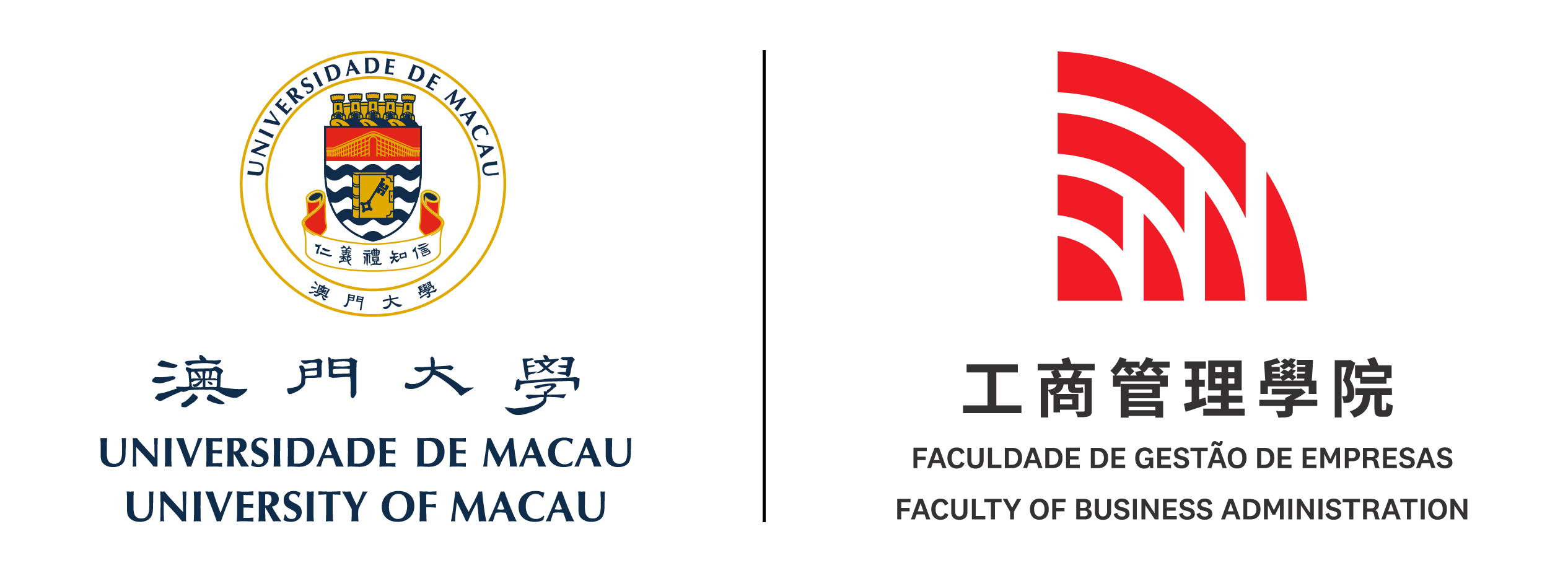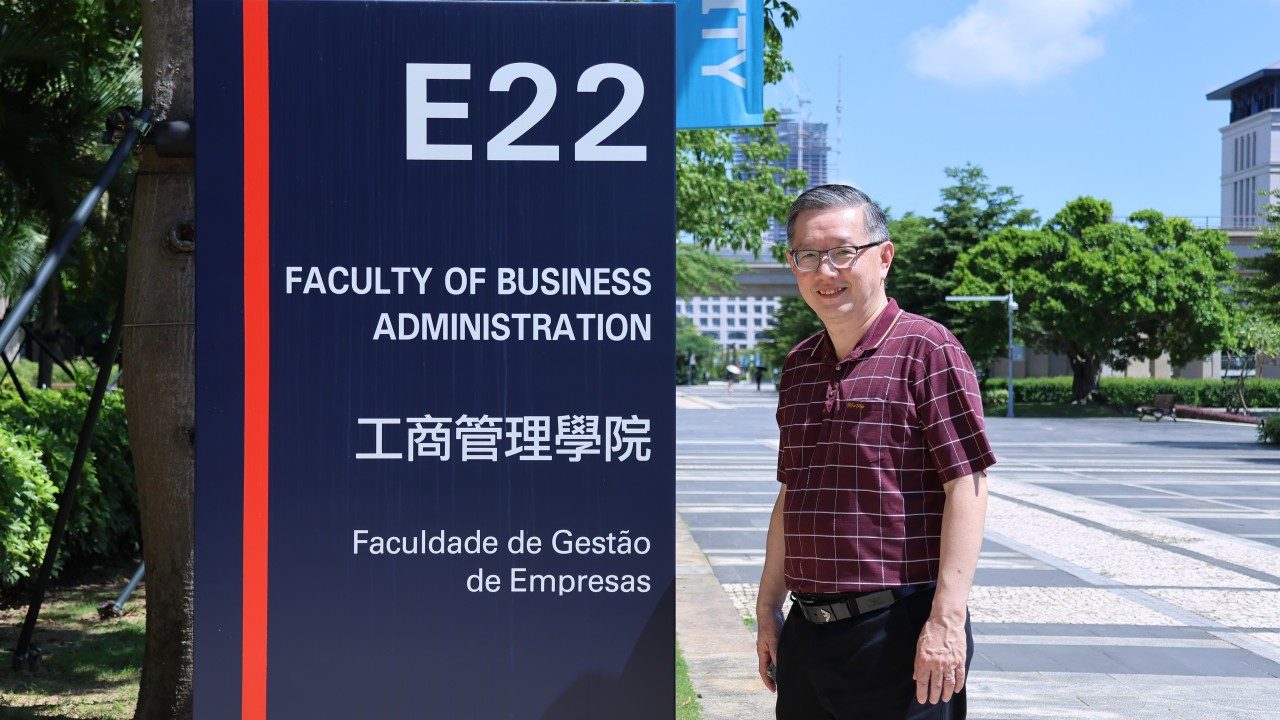On 3 September 2025, the University of Macau welcomed home one of its own—Professor Hean Tat KEH (郭賢達教授) —for a Distinguished Visiting Scholar Seminar and an in-depth conversation about global learning and leadership.
An undergraduate alumnus of the University of East Asia (today’s UM), Prof. Keh has since built a distinguished academic career in the U.S., Singapore, China, and Australia, while mentoring generations of students across borders. His central message is simple and compelling: first-hand exposure to multiple cultures transforms individuals—and, in turn, strengthens societies.
Prof. Keh’s story begins on our former Taipa campus, where, coming from Malaysia, he was among the very few non-local students in his cohort. Immersing himself in everyday life—both inside and beyond the classroom—shaped the way he thought, learned, and connected with others. “When you live like a local, you don’t just study a place; you understand it,” he reflected. That immersion instilled lifelong habits: intellectual curiosity, empathy for others’ perspectives, and the confidence to navigate unfamiliar settings.
Language, he emphasized, is a bridge—not only to culture but also to opportunity. Learning Cantonese, for example, expanded his social world and opened professional doors early in his career. “Speaking like a local helps you belong—and when you belong, people entrust you with opportunities that shape your path,” he noted. Those early experiences planted the seeds for a subsequent research agenda attentive to context and culture, and a teaching philosophy grounded in empathy.
The benefits of multicultural exposure, Prof. Keh stressed, are not limited to individuals. Communities become more welcoming and resilient when more of us cross borders—literally and figuratively. Classrooms grow richer when students bring diverse perspectives, and organizations become more innovative when teams include colleagues from different backgrounds who see challenges and opportunities others overlook. “Diverse experiences make us more attentive and open,” he said. “And when we learn to truly listen and connect across differences, we lay the foundation for inclusive societies.”
For today’s international students—many of whom are navigating a competitive and fast-changing world—Prof. Keh offered clear, practical guidance drawn from personal experience. Live like a local: take part in the rhythms of everyday life, from neighborhood routines to community events. Speak like a local: learn and use the language to connect authentically. Stay open-minded: observe differences without rushing to judge; let those differences teach you. Be adaptable: approaches that worked before may not work now—flexibility is a core leadership strength. These habits, he argued, are not merely study-abroad tips; they’re the capabilities that future leaders will need to thrive and build inclusive institutions.
As an alumnus, researcher, and educator, Prof. Keh continues to model what it means to “live local” in many places while contributing globally: stay curious, keep learning, and translate understanding into impact. His visit was both a homecoming and a challenge—to broaden our horizons, cultivate perspective-taking, and help build the inclusive communities our world needs.




